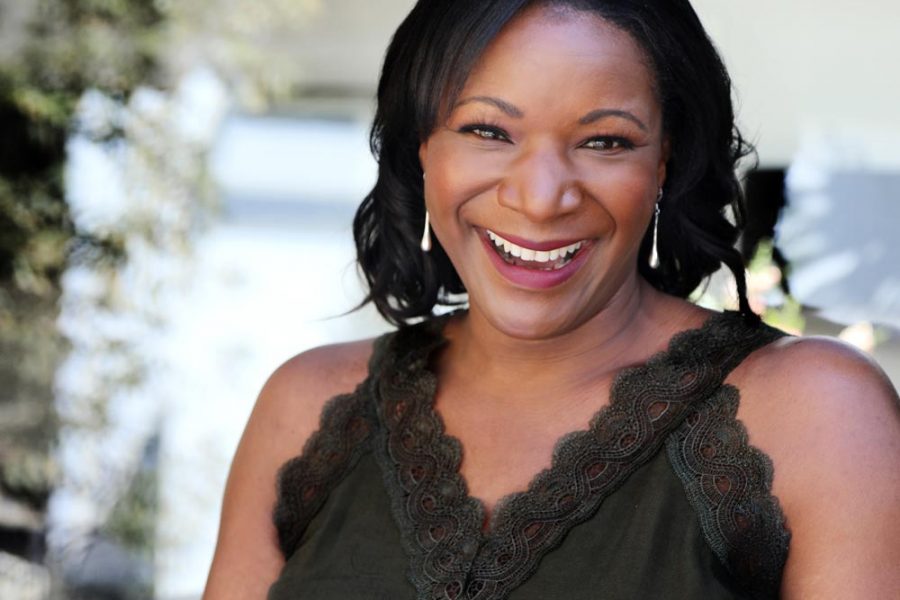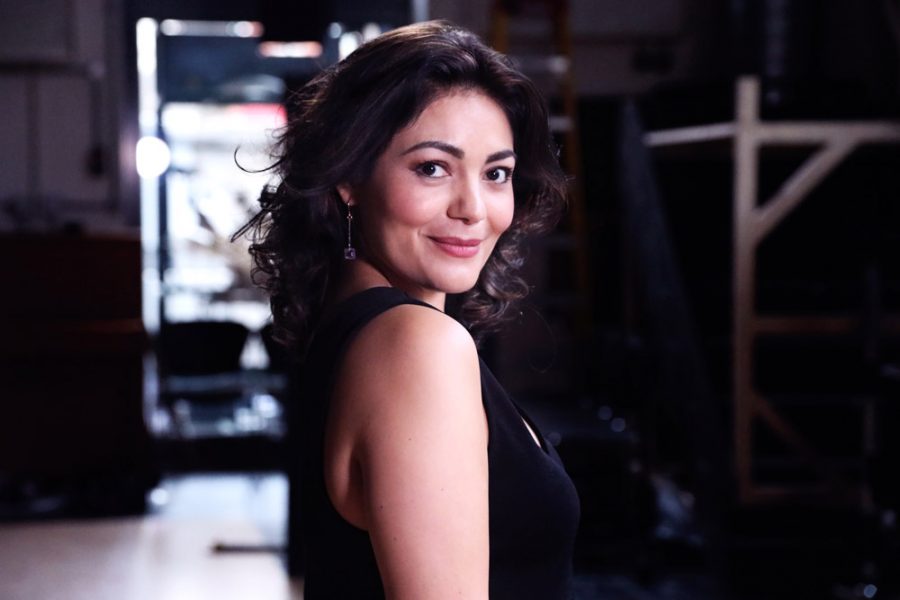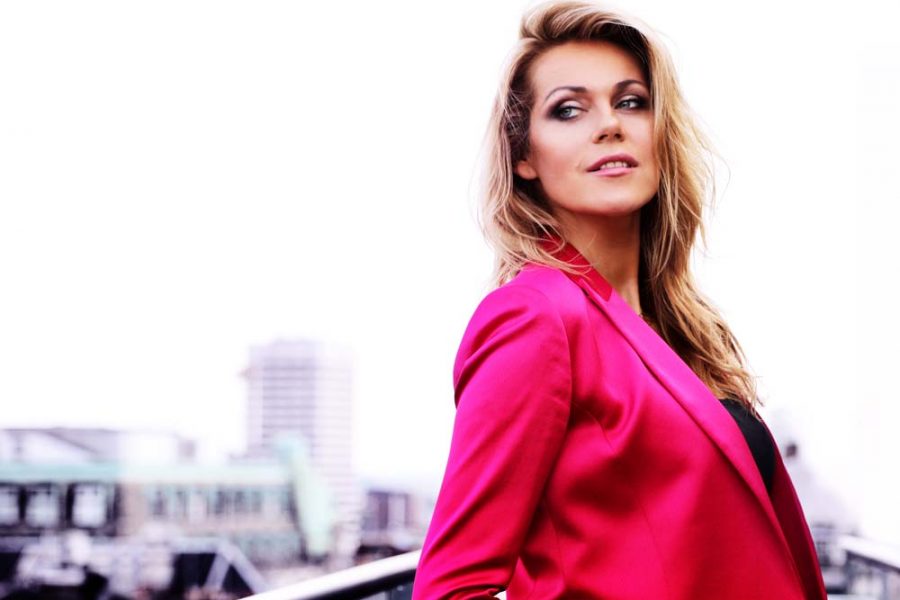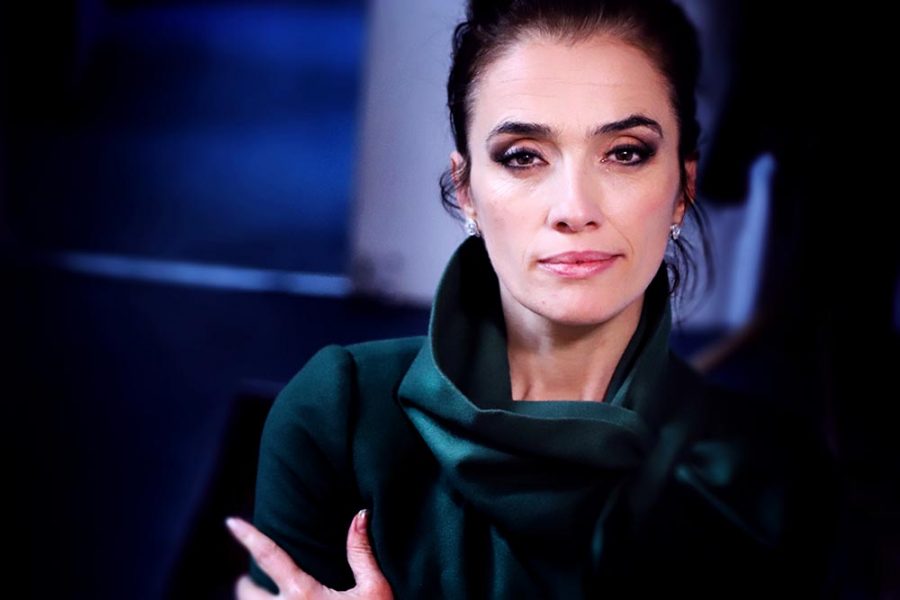Songs of Scotland: Marie McLaughlin

December 2015
Words by
Emer Nestor
Photos by
Frances Marshall
As a celebrated soprano and vocal pedagogue, Marie McLaughlin is one of the world’s leading opera stars. The Scottish singer’s impressive résumé reveals a diverse catalogue of roles and associations with companies such as Royal Opera House Covent Garden, English National Opera, Vienna State Opera, Hamburg State Opera, Deutsche Oper Berlin, Paris Opéra, Bavarian State Opera, Metropolitan Opera and Grand Théâtre, Geneva.
She has collaborated with a variety of distinguished conductors including Leonard Bernstein, Sir Colin Davis, Sergiu Celibidache, James Levine, Claudio Abbado, Bernard Haitink, Giuseppe Sinopoli and Daniel Barenboim. McLaughlin made her lieder recording debut, with a CD of Schubert songs, alongside Graham Johnson for Hyperion. The partnership proved immensely successful and the duo went on to release a further trio of Schubert lieder and a recording of Strauss songs. In homage to her native homeland, McLaughlin has also recorded an album of Scottish songs with Malcolm Martineau. The soprano’s voice has been immortalized in a series of albums produced by recording giants Decca, Sony, Deutsche Grammophon and Phillips. On the international festival scene she has sung at the Glyndebourne, Salzburg, Spoleto, Edinburgh, Ravinia, and Pacific Music Festivals.
The fun-loving and utterly beguiling soprano takes time out from her busy schedule to talk to Final Note about her amazing 35-year career to date.
One of the first songs I ever learned was a little Schubert song (at the age of 7) in a tiny little primary school in the back of beyond in Lanarkshire."

As a young singer, why did you choose classical music over that of Broadway?
I chose it because I could do it. It’s one of those things…you always like doing something you’re good at don’t you? In the very beginning I didn’t always feel comfortable but music was in the family. It was in the church and it was in school. One of the first songs I ever learned was a little Schubert song (at the age of 7) in a tiny little primary school in the back of beyond in Lanarkshire. We had singing competitions and the teachers always entered me in for that, and we had the mass sung every Sunday at 12 o’ clock in Latin. I was surrounded by music. Everybody in the family, even though they weren’t professional singers, could sing. My cousins could all sing…I wasn’t unique at all.
Did it take you long to establish your technique and find your voice?
It didn’t take me long but I had to kiss a couple of frogs along the way to find a very good teacher. That’s always the big issue — finding a good teacher. I got into the Academy of Music in Glasgow at the age of 16. It was far too early. I wasn’t ready for that at all. I didn’t have the right teacher at the Academy, so at the age of 17 I found Dr Joan Alexander. I stayed with her until she began to lose her hearing and had dementia…so I was with her right up until she was 84. She gave me the foundations of a solid technique; she was a fantastic musician, pianist and linguist. She really was the jewel in my crown. I brought her everywhere with me. I used to fly her down to London when I was in Covent Garden, but she took the train mostly.
How influential was Peter Pears in your early career?
A wonderful friend of mine, Brian Divers, who was a great champion, kept telling me to go to London because he thought that my voice was too good, but I didn’t believe him. He said that he was going to ask Peter Pears to hear me and he brought me down to London to sing for him…this was when I was maybe 22. Pears said, “we must have you on the summer course”. I said, “there’s only one problem, I haven’t got any money!”. He told me not to worry about that. So what better champion could you hope for? He brought me down every summer to Aldeburgh and that’s when I did my first Onegin with Rostropovich conducting. That’s when it all kicked off and all the agents started to arrive at my door, which was lovely. It was all just a wonderful experience.
Would you like to share any thoughts on your musical relationship with Scotland, or lack thereof, for the majority of your hugely successful international career?
You can’t use a broad stroke in answering that question because managements have come and gone…and the argument at the time was that they couldn’t afford me. Well of course, if truth be told, they didn’t really invite me. It made me very sad but I’m glad to say that’s all been rectified because I’m going back up there in October to do Figaro with Tom Allen directing, and I’m really looking forward to that.
If you could have a ‘do over’, would you change anything about your early path to the great opera houses of Europe and America?
What can I say?!!! Write a script for a fantastic career and it’s mine. You know I’ve had the most amazing career, I couldn’t possibly..there’s nothing I can honestly tell you…maybe a couple of tiny moments where I should have just trusted my instincts more, or if I had been a bit more confident in myself I would have handled some things differently — I would have walked out of Milan and not thought that I was brave enough to do what I did there. I would have had more faith in myself…but that comes with age and experience I guess. It all kicked off so early for me. It really was just like a steamroller that kept charging along. And then trying to juggle family and children in the middle of it all…I do feel that as a working mother you don’t always have complete concentration on the minute details. It was all quite overwhelming to be honest. For instance when it came to situations such as that at La Scala where I felt like saying: “stick it up your jacksie: I’m actually walking out of this situation!”, I didn’t, because I was aware that I was dealing with huge egos like Pavarotti, and a great establishment like La Scala Milano. Having said that, these are only tiny wee blips along the way of a 35-year career, so I mustn’t complain.

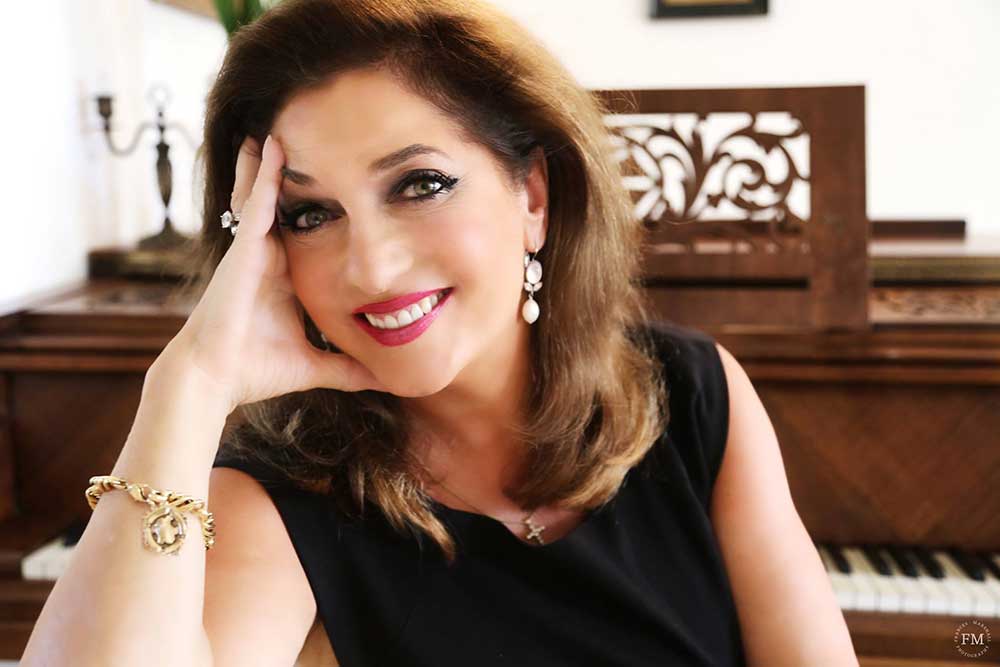


All I can say is what a privilege it was, right at the beginning of my career, to kick off with Sir Colin Davis at Covent Garden..."

How did you juggle motherhood with such a busy performing career?
It’s hugely difficult but I had a supportive husband and my mother travelled with us and lived with us. I always left my children with my husband or my mother or both, and sometimes an auntie came along as well. So we had this fantastic secure network for our children. The difficulty came, and this is really what young singers need to know, when schools restricted travelling. There is a big gap between my boys, so one had to be left at home while the other had to travel with me. That’s when I really found it the most difficult. I had Marco at the age of 26. At the time I had to cancel my Covent Garden production of Don Giovanni and everybody said “that’s her then, she can forget it!“. And Colin Davis said: “that’s absolutely fine, you will come back next year and do the revival“, and I did.
Do you have any interesting stories to share about the conductors that you have worked with along the way?
Well you can’t put the interesting ones in print (she laughs)! All I can say is what a privilege it was, right at the beginning of my career, to kick off with Sir Colin Davis at Covent Garden, to move on to James Levine, then Daniel Barenboim, Bernstein, Claudio Abbado, Neville Mariner…the list is endless — an impressive bunch.
Is there a soprano role left unsung for you?
I’m constantly surprised by all the new stuff I’m doing, which is very thrilling. Take for example Glass’s The Perfect American — hugely rewarding and incredible to be around this giant in our world at the moment. Going from Glass to the young Iain Bell was really terrific. I love creating these new roles. I’m a lucky girl.
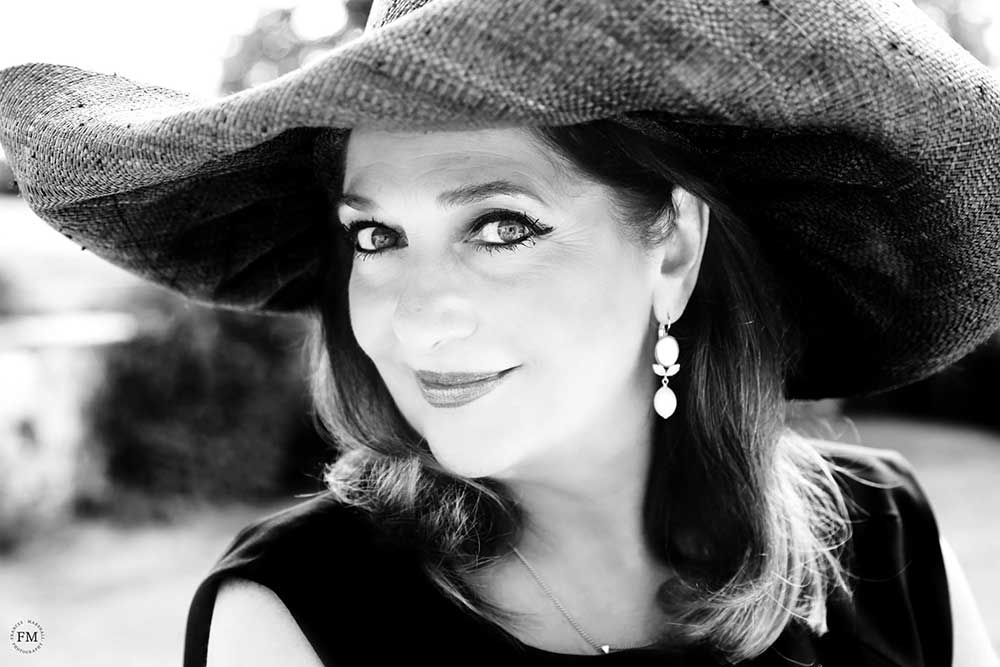


Has the passing of time been kind to your voice?
Yes. I was one of those singers who never went out the night before a performance, never spoke the day of a performance…I wouldn’t even answer the phone. I really still believe in the power of 24-hour silence and I’ve done that throughout my whole career. That’s what has served me so well. Also, I’ve always worked on my technique, which is why I’m such a good teacher (because I’ve been studying it for all these years). I always worked with great people, coaches and voice teachers, and that’s what has kept my voice in tip-top condition.
You are a highly respected teacher and champion of young talent — what advice would you give to aspiring opera stars today?
I think that the most important thing is to work hard on your technique. The emphasis has swung so much in favour of how you look — you’ve got to look like a movie star, you’ve got to look like Beyoncé, you’ve got to be this and that — the bottom line is you’ve got to be able to sing. That’s the whole thing. Work on your technique and languages. These are really important.
How does Marie McLaughlin like to have fun?
I love to laugh. I love my friends, family and socializing. I love entertaining.
What’s around the corner performance-wise?
I’m just about to start Covent Garden — revival of the Gianni Schicchi — such good fun! The wonderful Richard Jones is directing it and he’s just so fabulous. Then I have Figaro with Scottish Opera. I’m also returning to the Spoleto festival in the summer with James Conlon.
All images displayed in this article are subject to copyright.
Share this article


